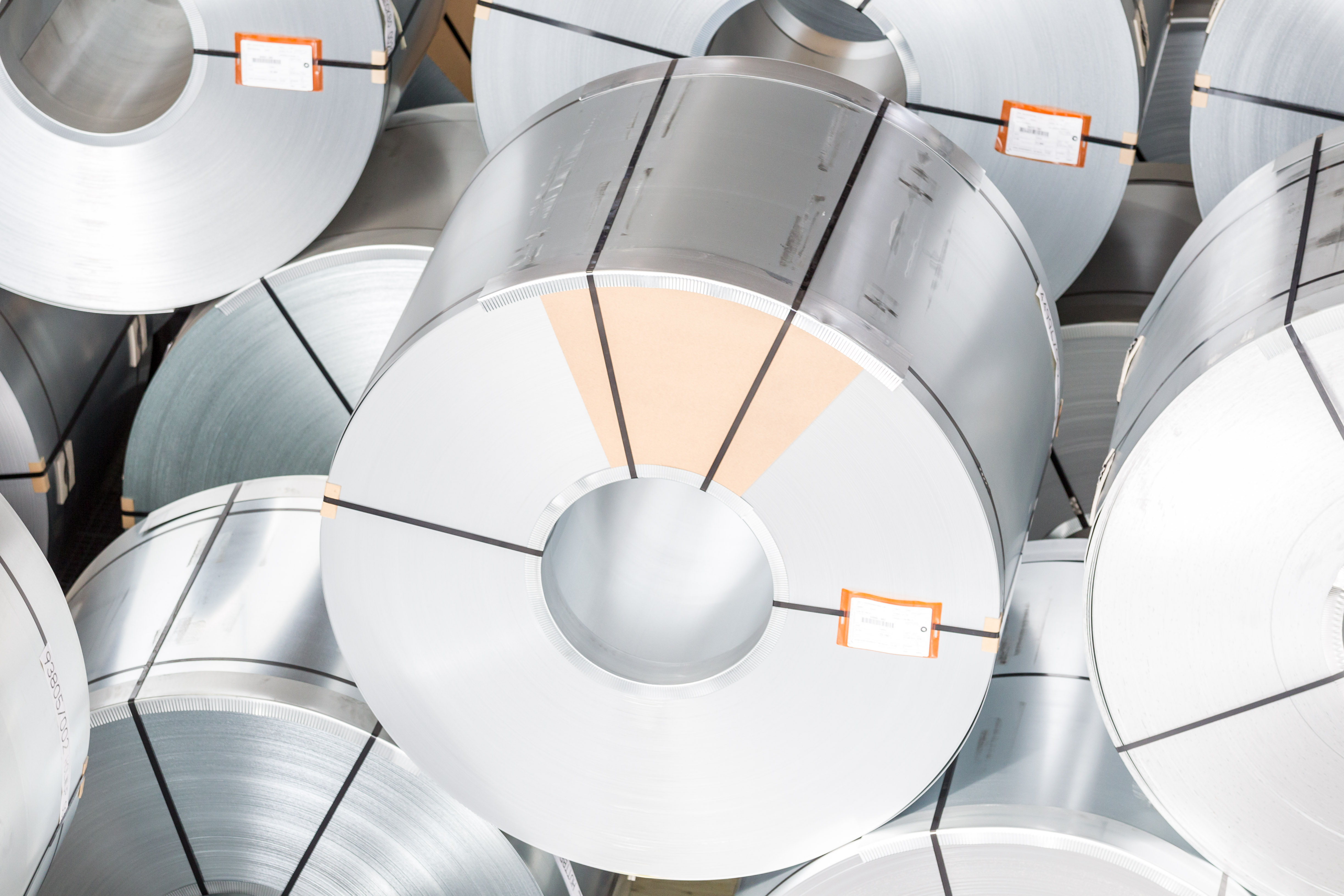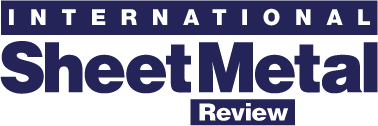
Closing the loop
Submitted by:
Sara Waddington
Gunnar Groebler, Chairman of the Executive Board of Salzgitter AG, and KHS Managing Director, Kai Acker, discuss the new Group strategy and its sustainability goals and initiatives. For the full article in the March issue of International Sheet Metal Review magazine (ISMR), please see https://joom.ag/ob4d/p30
Salzgitter AG is one of Europe's leading steel and technology groups. It operates its integrated steelworks in Salzgitter on a virtually energy autonomous basis and closes material loops by reusing residual material and cogenerated products.
In the new Group strategy adopted by Salzgitter AG this year, three of the key issues are the circular economy, partnerships and transformation. In the following interview, Group CEO Gunnar Groebler and KHS CEO, Kai Acker, outline their ambitious goals and describe the challenges that need to be mastered along the way.
Society, industry and business are currently undergoing a period of radical change: in their striving for climate neutrality, more and more companies are making their contribution to decarbonisation and a sustainable economy. Salzgitter AG, KHS’s parent company, is no exception: with its Salzgitter AG 2030 strategy defined at the beginning of 2022, the group has now joined the current social and political movement and devoted itself entirely to the principle of circularity.
“We want to establish ourselves as a leading company for the circular economy,” stressed CEO, Gunnar Groebler, who before taking up his post in 2021 spent over twenty years helping to transform the energy sector to renewable energies. For him, steel is a universal and sustainable material that people encounter in all walks of life and which is infinitely recyclable. Lots of approaches to the circular economy are being ventured throughout the group that are now to be expanded and supplemented by several new aspects.
Four clear principles
“Circularity encompasses the four principles of reduce, reuse, recycle and rethink that we will focus on in all of our future actions,” explained Groebler. “By using finite resources with greater awareness, we aim to minimise the use of these in the economic cycle. This is reflected in the use of the term ‘reduce’. For us, ‘reuse’ means keeping the resources we take from our natural surroundings in economic use for as long as possible. By ‘recycle’ we mean making raw materials from products already consumed reusable to save on resources. And with the motto of ‘rethink’, we’re continuously questioning our habits and processes.”
The principles of the circular economy are also applied at KHS, observed Kai Acker, CEO of the Dortmund systems supplier of beverage filling and packaging machinery.
“For us, circularity is especially relevant from many different perspectives. We can consider the containers made or filled on our machines to be circular, for instance. This applies to PET that can be recycled as often as required, as long as the necessary infrastructure is in place and where we develop ways of saving more and more material. It also refers to returnable glass bottles that can be kept in circulation for as long as possible through return, washing and refilling,” he explained.
“Regarding secondary packaging, here we commit under the motto of ‘less is more’ i.e. our Nature MultiPack where we can do away with outer packaging materials entirely using a few dots of adhesive. Other aspects, and ones which I believe are even more important for us, concern our machines: they are made of steel which ensures that they have a long service life and are fully recyclable even after being scrapped. First and foremost, however, we’ve spent years cutting down on the amount of energy and resources consumed by our equipment and reducing its carbon footprint. Take our Innofill Glass DRS ECO, for example, that can save up to 60% in CO2. We also think outside our ecological box by making sure that our machines are rPET-compatible. And we focus on economic targets such as long-term overall equipment effectiveness.”
Acker joined KHS as its CEO at the end of 2018. One of his first tasks was to thoroughly question the previous corporate strategy and develop it further. The result of this process presented at the beginning of 2019 was KHS 2025 that includes ten core measures. Lots of these topics are reflected in a similar form in the new group strategy.
“During the course of the project we found that our objectives largely match those of Salzgitter. And we had lots of good discussions that confirmed we were on track in focusing on profitable new products that appeal to customers and generate the corresponding added value on the market.”
Acker will now further develop the KHS strategy in an iterative process up to the end of 2024 and – in accordance with group targets – continue this until 2030.
To read the rest of this article, please see https://joom.ag/ob4d/p30
